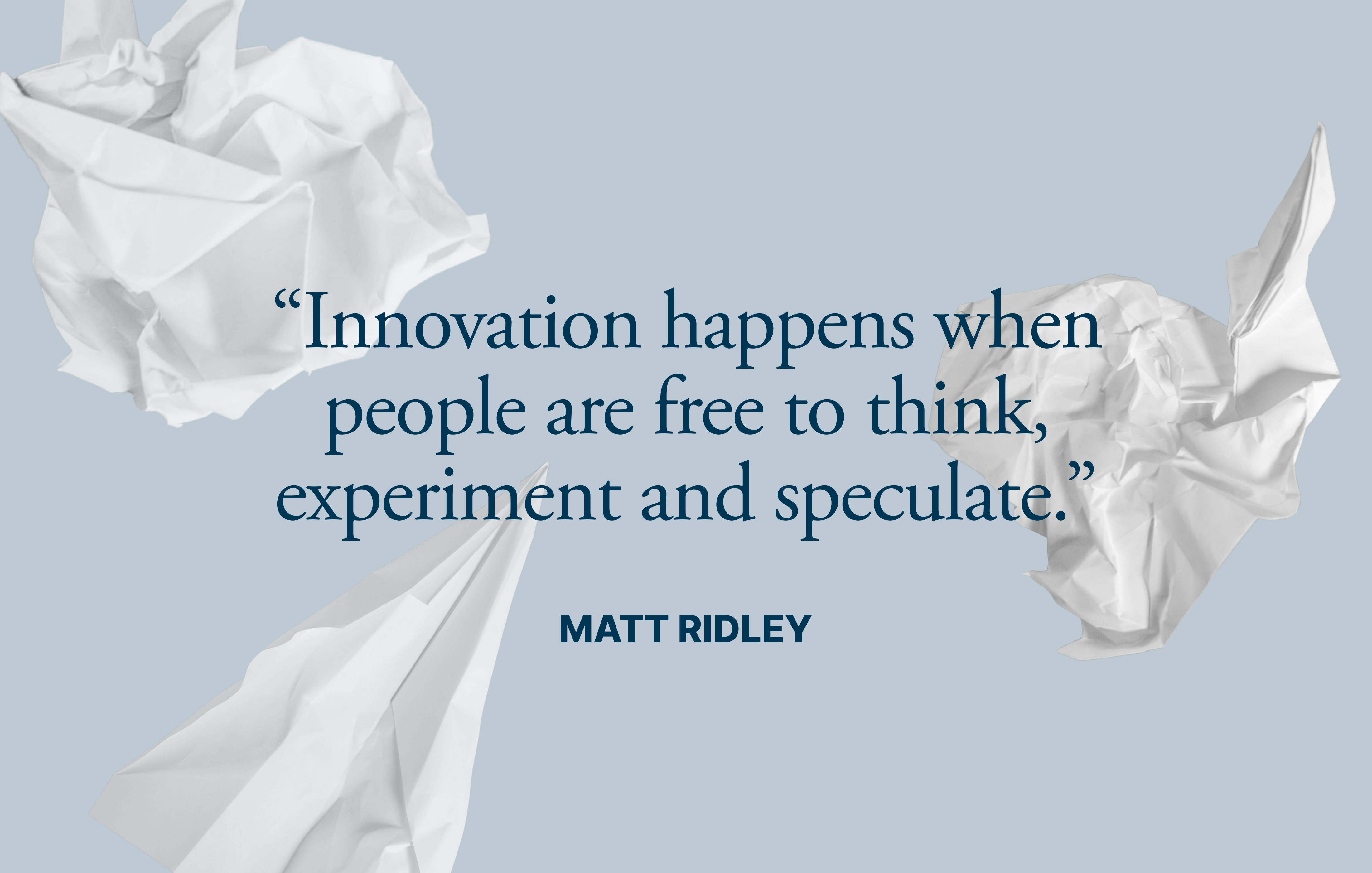
Substance abuse disorders have long plagued societies around the globe, presenting daunting personal, social, and economic challenges. Historically, treatment has relied on methodologies that focus mostly on abstinence and therapy. However, the past decade has seen a surge in innovative approaches targeting substance abuse. The integration of technology, data analytics, and personalized treatment plans is reshaping paths to recovery, offering hope to millions struggling with addiction. What sets these modern strategies apart is their emphasis on individual needs, vast data utilization, and a holistic understanding of substance-related disorders.
Personalized Treatment and Technology
Every individual battling substance abuse has a distinct experience. What works for one person might not work for another. New approaches in healthcare recognize these nuances and advocate for personalized treatment plans. These plans use patient data insights, ranging from genetic predispositions to personal histories, to tailor interventions. Coupled with advancements in technology, such as wearable devices and mobile apps, patients can now access real-time therapeutic support, track their journey, and gain instant feedback. This ‘on-demand’ support enhances the patient’s ability to manage their recovery.
For many individuals seeking comprehensive care, facilities like the Madison Recovery Center provide tailored solutions that focus on personalized care. Such centers integrate personal health data to create recovery paths that address specific needs, further optimizing patient outcomes.
Technological advancements offer additional benefits by providing healthcare professionals with a wealth of information through real-time tracking. By using the data from wearables and mobile apps, doctors can make timely adjustments to treatment plans, ensuring they address the evolving needs of the patient. The ability to remotely monitor vitals and other critical health indicators reduces the barrier for effective patient-provider communication, facilitating a more responsive healthcare provision.
Medication-Assisted Treatment
The appropriate use of medications can be a game-changer in treating substance abuse. Medicines that reduce cravings and withdrawal symptoms enable patients to focus on their recovery journey and integrate more effectively into society. The development of newer, more refined pharmaceuticals is a testament to the healthcare industry’s commitment to providing varied tools for addiction treatment. The combination of medication with therapy has proven to be successful for many, challenging past taboos around drug intervention for treating addictions.
The effectiveness of medication-assisted treatment is continuously evolving with ongoing clinical trials and research dedicated to improving existing drugs and exploring combinations. Researchers are keen to understand not just the physical impact but also the psychological aspects contributing to dependency to provide a more comprehensive solution. As medication becomes personalized, matching specific substances with appropriate pharmacological responses results in higher success rates in recovery.
Harnessing Data Analytics
In the battle against substance abuse, data is an invaluable ally. The collection and analysis of data allow for more precise and effective treatment options. Health systems are increasingly relying on sophisticated data analytics to identify patterns of addiction and predict optimal treatment responses. By leveraging algorithms, healthcare providers can determine potential relapse triggers, track patient progress, and refine treatment protocols. This enables a data-driven decision-making process that maximizes the efficacy of intervention strategies, potentially saving countless lives.
Beyond predictive analytics, data offers insights into societal vulnerabilities contributing to substance abuse, allowing public health officials to implement informed preventive measures. These measures can range from policy adjustments to targeted awareness campaigns that educate communities about risk factors and harm reduction strategies. Furthermore, by sharing insights across organizations, cohesive efforts can be established, creating a unified front in tackling substance abuse.
The Role of Telehealth
Telehealth has emerged as a pivotal tool in extending addiction treatment to remote and underserved areas. This technology overcomes geographical barriers, enabling patients to receive real-time counseling and medical assessments. It facilitates continuous monitoring and consultation, ensuring that individuals maintain access to the needed support even in the most isolated locations. During the COVID-19 pandemic, telehealth became more prominent, emphasizing its potential in maintaining treatment continuity irrespective of physical constraints.
Telehealth providers are also offering group session options, which allow patients to connect with peers facing similar challenges, fostering a sense of community even from afar. The incremental adoption and expansion of digital platforms ensure that individuals, regardless of location, have uninterrupted access to a community willing to support their recovery stories and provide personalized care suited for diverse circumstances.
Community-Based Rehabilitation
While personalized medicine is important, community connection cannot be overlooked. Some innovations emphasize integrating the community into the recovery process. Peer support initiatives are growing in prominence, drawing on the shared experiences of individuals who have walked similar paths. Through community group meetings, mentorship programs, and online forums, those in recovery find solace and motivation. This collective support network plays a critical role in dismantling the isolation often experienced by individuals with substance abuse disorders.
The essence of community-based support is its ability to foster long-term connections that extend beyond treatment facilities. By engaging local organizations, businesses, and civic groups, patients can find stable ground in their recovery journey through employment opportunities, skill-building sessions, and social engagement. These elements add value by promoting sustained recovery, reducing the risk of relapse, and embedding patients in an environment that values health and wellness.
Conclusion
The strategies addressing substance abuse have witnessed a radical transformation over recent years. By integrating data analytics, personalized treatment plans, effective medications, community-based efforts, and telehealth, healthcare systems have revamped their approach, focusing on sustainable recovery. This holistic innovation in treatment doesn’t just offer temporary relief but promises a lasting solution. It underscores the importance of meeting patients at their unique intersections of need and possibility, ensuring that recovery isn’t just a distant hope but a tangible reality.
